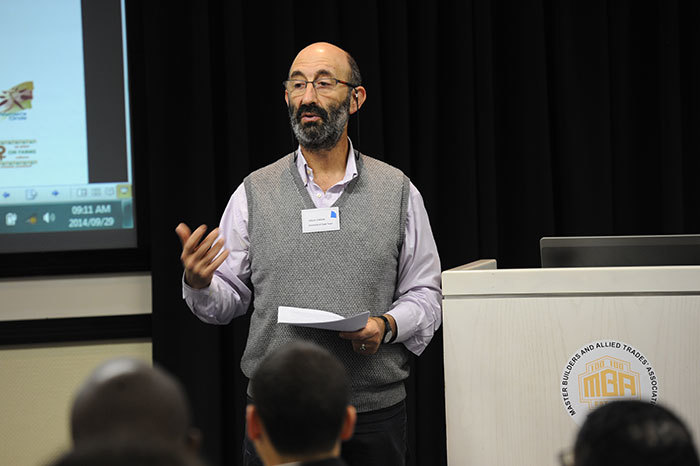Support health committees, say workers
08 October 2014 | Story by Newsroom
Health committees at public clinics are "critically important vehicles" for community participation in health, and provincial government should urgently pass legislation recognising these committees' roles and functions.
So said health workers from across the country in one of the resolutions made at the National Colloquium on Health Committees on 29 September 2014. A number of UCT academics joined colleagues from other institutions and sectors to discuss how communities could be best represented in South Africa's public health system.
In particular, participants discussed how to make best use of health committees, which comprise the facility manager, ward councillor and community members, in building a health system that is responsive to the community's needs.
The colloquium was held in response to a number of factors that caused these committees to function less than optimally. Among these were a lack of clarity on their role and function, lack of clear mandates and a lack of support from the community and the state.
Professor Leslie London of UCT's School of Public Health and Family Medicine said the colloquium had two aims: "One is to provide clarity on the roles of health committees, and the other is to identify the best way in which we can institutionalise health committees, in other words integrate them into the health system."
Delegates from civil society demanded that government provide the necessary resources for health committees to work optimally, as it is obligated to by the National Health Act. This includes human resource support, training, physical infrastructure, and reimbursement of costs.
The meeting also resolved that there must be participation by health committees and communities in developing regulations on health communities, and called for a tiered structure for participation from facility to national level that allowed for two-way communication.
A number of areas that needed more work were identified, including how best to support health committees with fundraising, inter-sectoral interventions that require co-operation from other government departments, the idea that participation is a matter of human rights, and putting in place monitoring and evaluation systems for health committees to formalise what a functional health committee is.
The colloquium was sponsored by the European Union Mission to South Africa as part of the EU's Strengthening of Primary Health Care Programme.
Story by Yusuf Omar. Image by Michael Hammond.
 This work is licensed under a Creative Commons Attribution-NoDerivatives 4.0 International License.
This work is licensed under a Creative Commons Attribution-NoDerivatives 4.0 International License.
Please view the republishing articles page for more information.










